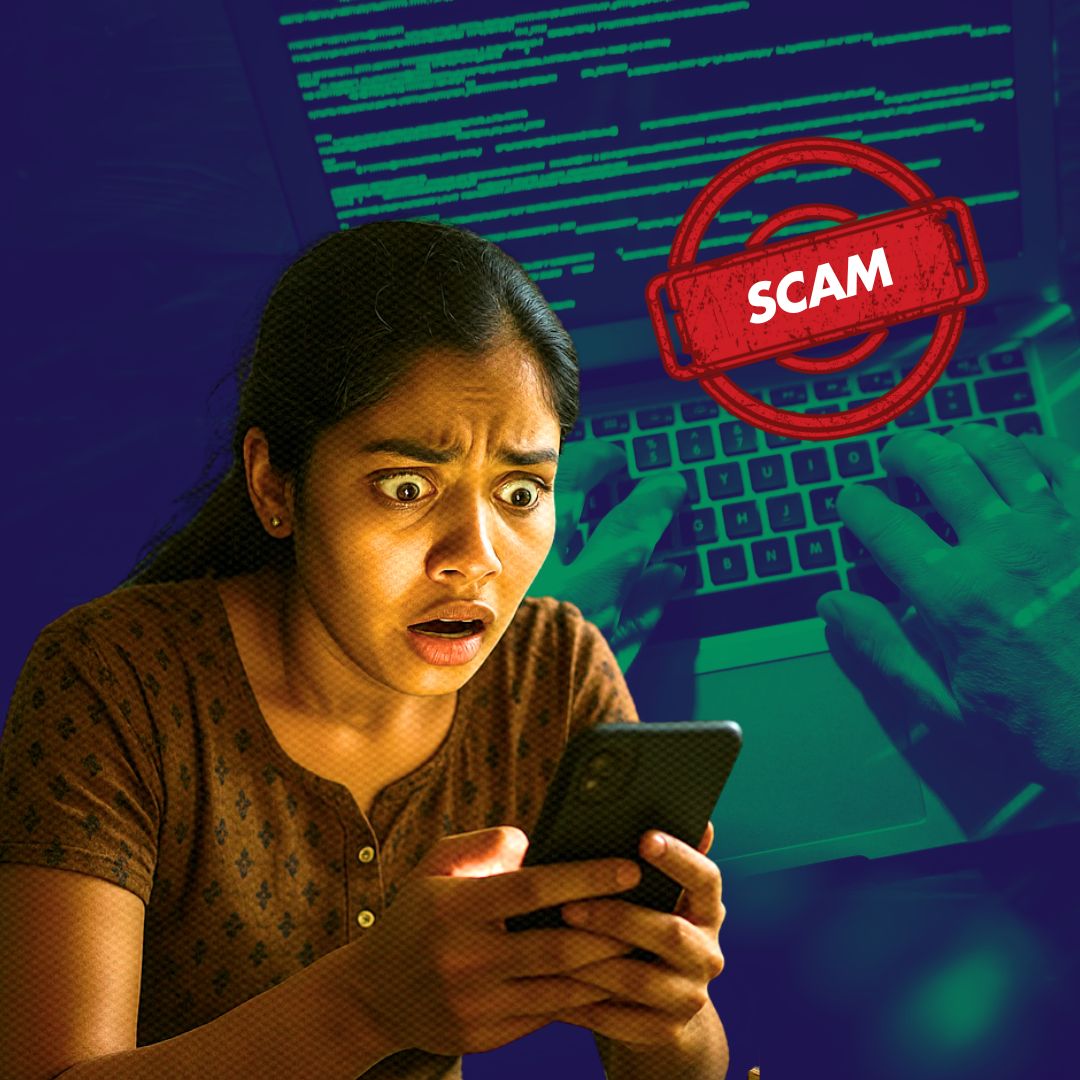On June 15, 2025, an 18-year-old girl from Sidedahalli, North Bengaluru, lost ₹90,000 while attempting to sell her manga book set on OLX.
The scam involved a fake buyer, Ashok Agarwal, who allegedly convinced her to scan QR codes under the pretext of sending payments, leading to unauthorised deductions from her and her mother’s accounts.
Police have registered a case and frozen the suspect’s account to prevent further loss, highlighting the growing sophistication of cyber frauds targeting young, first-time online sellers.
How the Scam Played Out: A Deeper Look
The teenager had posted an advertisement to sell her “One Piece: East Blue” manga volumes 4–9 on OLX for ₹1,500. She was contacted by Ashok Agarwal, who readily agreed to purchase the books without seeing them, claiming he trusted her and would send an employee to collect them.
He insisted on paying via bank transfer and sent a QR code for “verification,” which allegedly resulted in a small amount being credited to her account, building her trust. However, subsequent QR code scans led to multiple unauthorised deductions, totalling ₹90,000 from her and her mother’s accounts.
Rising Cyber Fraud in Bengaluru: Broader Context
This incident is part of a worrying trend in Bengaluru, where young individuals are increasingly targeted by sophisticated online scams involving QR codes and digital payment platforms. Similar cases have been reported, including a software engineer who lost nearly ₹2 lakh in an OLX QR code scam.
Authorities have urged the public to be vigilant and avoid scanning QR codes from unknown sources. Police are collaborating with banks to recover the lost funds and track down the fraudsters, while also stressing the importance of increased awareness and caution among online users to prevent similar incidents.
How to Stay Safe from QR Code Scams
Cybercrime experts and police officials advise the following precautions for anyone selling or buying goods online:
- Never scan QR codes from unknown or unverified sources. QR codes can be manipulated to initiate unauthorised payments or access to your device.
- Use only trusted payment methods. Stick to well-known digital payment apps and avoid sharing bank details or scanning codes for “verification.”
- Verify the buyer or seller. Insist on meeting in person for high-value transactions and do not share sensitive information over the phone or chat.
- Enable transaction alerts. Set up SMS or app notifications for every transaction to catch suspicious activity early.
- Report suspicious activity immediately. If you suspect a scam, contact your bank and local police without delay.
The Logical Indian’s Perspective
The Logical Indian stands with victims of online fraud and emphasises the importance of digital literacy and empathy in today’s connected world. While technology brings convenience, it also exposes users, especially young people and first-time sellers, to new risks. Education, awareness, and community support are essential in combating cyber fraud.













